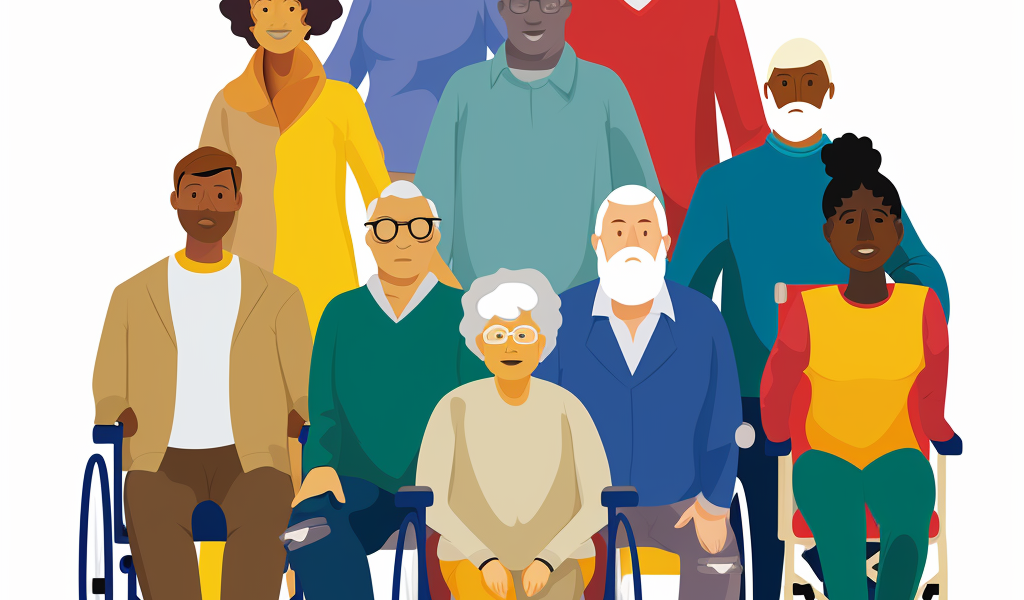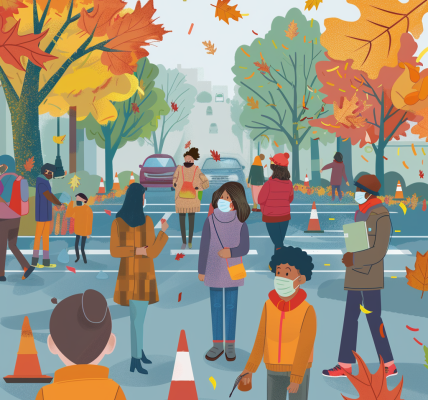Living in poor neighborhoods has been found to be linked to worse stroke recovery, according to a preliminary study to be presented at the American Stroke Association’s International Stroke Conference 2024. The study revealed that stroke survivors living in areas with poor economic conditions were twice as likely to have a poor recovery compared to survivors living in areas with better conditions.
The research, conducted by Leah Kleinberg, B.A., a postgraduate clinical research associate in the Falcone Lab at Yale School of Medicine in New Haven, Connecticut, was inspired by the long-term outcomes of stroke patients from differing socioeconomic backgrounds. Kleinberg and her colleagues found a significant correlation between functional outcomes after a stroke and the socioeconomic factors noted by census blocks.
The study used data from Yale’s Longitudinal Study of Acute Brain Injury and Area Deprivation Index (ADI) rates for the 2020 U.S. Census blocks to compare outcomes among stroke survivors by socioeconomic disadvantage factors. The ADI evaluates a neighborhood on levels of income, education, employment, and housing quality and is specific to each zip code. It was developed by the U.S. Health Resources & Services Administration to inform health care delivery and policy for disadvantaged areas.
The analysis found that among 2,164 people with ischemic (clot-caused) stroke, the one-year unadjusted risk of poor outcomes was 35%, 40%, and 46% for patients residing in neighborhoods with low, intermediate, and high deprivation, respectively. After considering the inability of the ADI to specifically measure each level of deprivation, researchers determined that those living in intermediate and high deprivation areas had 44% and 107% greater risk, respectively, of unfavorable outcomes, compared to patients living in neighborhoods with low deprivation levels.
This study sheds light on the impact of socioeconomic factors on stroke recovery, emphasizing the need for targeted interventions and support for stroke survivors living in economically disadvantaged areas.





